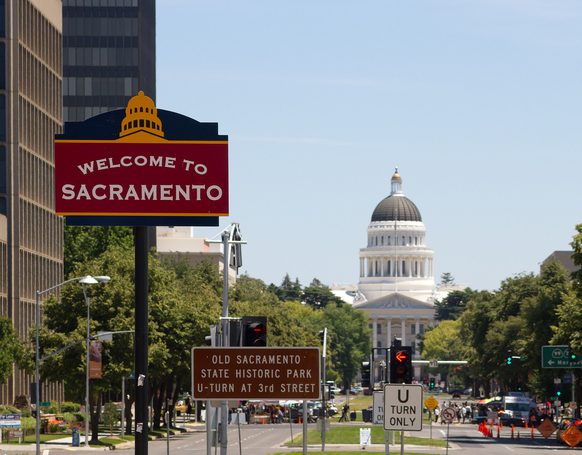(The Center Square) – In the aftermath of a government report projecting a $68 billion deficit for the 2024-2025 fiscal year, the California Department of Finance ordered a spending freeze across all state agencies for the remainder of the ongoing 2023-2024 fiscal year.
“The State of California anticipates significant General Fund budget deficits in fiscal years 2023-24 and 2024-25,” wrote California Department of Finance director Joe Stephenshaw in a statewide memo. “Accordingly, this [budget letter] directs all entities under the Governor’s direct executive authority to take immediate action to reduce current-year General Fund expenditures.”
While there are exemptions for declared emergencies, avoiding significant revenue loss, and achieving significant net cost savings, state agencies are directed to not enter any new contracts for goods and services, buy new IT equipment or vehicles, or travel outside of “time-sensitive or critical need.”
Agency secretaries and cabinet-level directors will also be required to report on all approved exemptions as well as achieved cost-savings on a monthly basis.
Assemblymember Vince Fong, R–Bakersfield, who serves as vice chair of Assembly’s budget committee, noted that the state is unable to continue on its current fiscal path any longer.
“I have said for years, a slowing California economy coupled with unsustainable spending is a recipe for fiscal disaster,” Fong said in a public statement. “No more gimmicks; we must take action now to get our fiscal house in order.”
California’s approved budget for the 2023-2024 fiscal year was $310.8 billion. The state last adopted a spending freeze at the beginning of the COVID-19 pandemic in early 2020 when state revenues rapidly declined.
Originally published by The Center Square. Republished with permission.
For more from Budget & Tax News.
For more public policy from The Heartland Institute.
